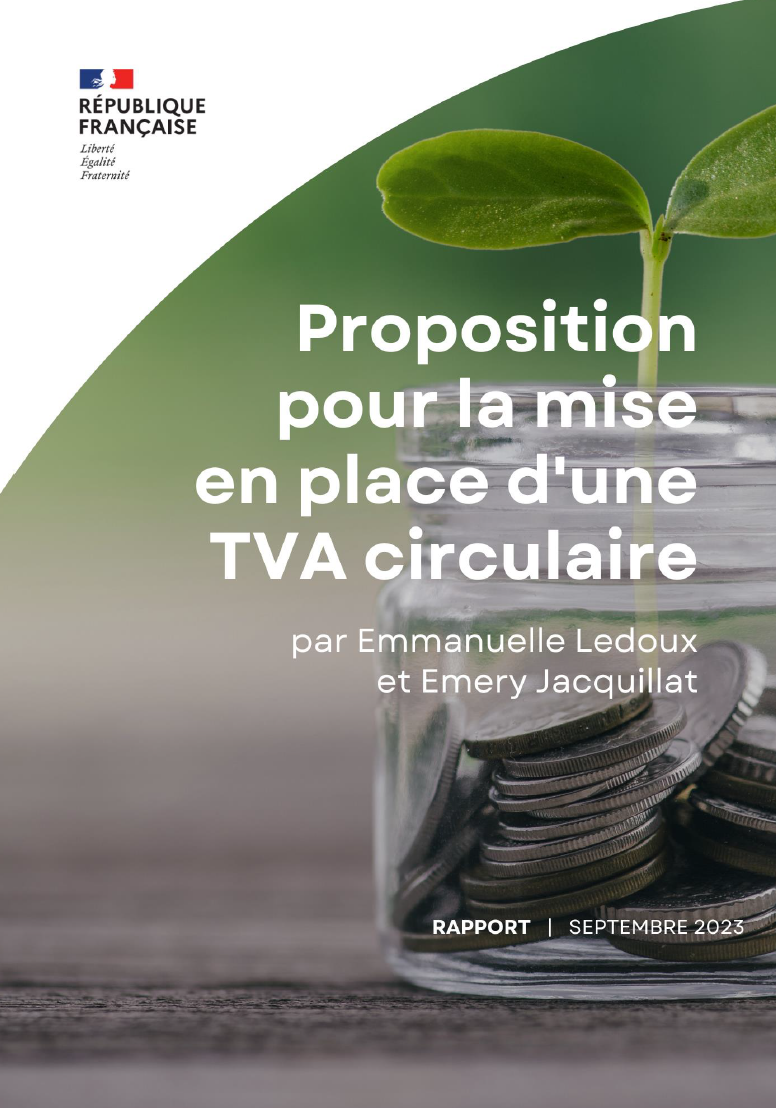Public investment is likely to be an important component of any postcrisis recovery program. As countries work to ensure smart, green, fair recovery after the COVID-19 pandemic, investing in modern, resilient, and efficient infrastructure assets will be key.
Many countries, at different levels of development, have initiated specific policy measures in this regard. For example, the European Union has established a Recovery and Resilience Facility with €672.5 billion to make European economies and societies more sustainable, resilient, and better prepared for the challenges and opportunities of the green and digital transitions. Nepal and its Development Partners has agreed on a Relief, Recovery and Resilience Plan with up to $6.6 billion for supporting green recovery.

A recent How to Note (HTN) from the IMF’s Fiscal Affairs Department provides countries at different capacity levels with guidance on making efficient use of public investment to support green economic recovery.
The Note recommends that:
- Countries should consolidate and accelerate existing project planning and decision-making procedures.
- The public investment plan (PIP) should be revisited, and possible changes made to the prioritization and phasing of projects, accelerating some and deferring or canceling others.
Project appraisals may need to be updated and supplemented with revised criteria, including for environmental impacts. - The government should define clear selection criteria based on the targets for the overall recovery program.
- The postcrisis investment program should be reflected in transparent medium-term budget decisions.
- Maintenance and capital repairs can be very productive and should play important roles in postcrisis recovery.
- Procurement processes may need accelerating but should be undertaken with necessary safeguards to support compliance and effective oversight.
- Strong project management is necessary to ensure that projects are implemented according to the planned timetable and within the budget and produce the expected benefits.
- Portfolio monitoring is essential for assessing progress and assuring the successful implementation of the overall project portfolio in the post-crisis recovery program.
The note also emphasizes that public investment management must be consistent with other measures for post-crisis recovery. Governments use several different measures to sustain and stimulate economic activity after major crises, and it is important that these be coordinated, consistent, and mutually reinforcing. This includes taking the necessary steps to avoid disruption of ongoing public investment projects, including public-private partnerships. It will also be important to coordinate investments across different levels of government and to facilitate public corporation investment, in particular to introduce new, green technologies. Stimulating private sector investment and economic development will also be essential.
Table 1 summarizes the approaches recommended in the note under defined basic, medium, and advanced capacities. The basic and medium practices reflect simplified approaches that can be applied quickly by countries with limited capacities, within existing legal and regulatory frameworks. This will contribute to long-term institutional improvement over time. Green elements should be incorporated in these processes (e.g., investment planning and budgeting, project appraisal and selection, public procurement) wherever feasible, as indicated in the new Climate Change Public Investment Management Assessment (ClimatePIMA) framework currently being piloted by the IMF. The Climate PIMA framework will include detailed assessments of how climate change considerations are reflected in current public investment management institutions and practices, and give advice on how these can be strengthened.
Table 1: Recommendations for Boosting Public Investment in the Postcrisis Recovery
|
|
Basic Practice |
Medium Practice |
Advanced Practice |
|
Political guidance and institutional arrangements |
Ad hoc review of existing project pipeline |
Partial review of the PIP by a dedicated investment committee |
Full review of the PIP with endorsement by the cabinet and parliament |
|
Project appraisal |
Multicriteria analysis (simplified) |
Cost effectiveness and multicriteria analysis |
Comprehensive benefit/cost (B/C) analysis |
|
Project selection |
Limited criteria set based on multicriteria analysis |
Selection based on cost-effectiveness and limited B/C analysis |
Selection based on B/C analysis and additional multicriteria analysis |
|
Maintenance projects
|
General allocations to routine maintenance |
General allocations for routine maintenance, selective allocations for capital repairs |
Comprehensive program for maintenance and capital repairs based on documented needs |
|
Medium-term budgets
|
Political commitment to medium-term PIP |
Published medium-term budget framework (MTBF) incorporates medium-term PIP |
Medium-term appropriations to finance the PIP |
|
Public procurement |
Good documentation of procurement tenders and contracts |
Approval of procurement contracts within minimum time periods, high degree of transparency, and compliance with law |
Active pretender market engagement with advance procurement notices |
|
Project management |
All projects in the postcrisis PIP have identified responsible project managers and clear implementation plans |
Postcrisis public investment support unit supports project managers and helps address implementation challenges |
All investment projects in the recovery PIP are subject to advanced management arrangements |
|
Portfolio oversight |
Identify major projects for special scrutiny and reporting by each ministry |
Central monitoring of all major projects, including public summary reports |
Consolidated public investment portfolio with automated monitoring and reporting |
For more information, check out the IMF How-To Note How to Manage Public Investment during a Postcrisis Recovery.
About the Authors

Eivind Tandberg
Eivind Tandberg is an infrastructure governance advisor with the IMF Fiscal Affairs Department. He has 35 years of experience in public finance, public administration, advisory services and research. He has been deputy director general in the Norwegian Ministry of Finance, unit chief at the World Bank, deputy division chief in the IMF, director general in the Oslo City Government and partner in Norwegian consulting firm Vista Analyse.
Eivind has contributed to assessment and development of public management and governance in 145 countries. He has participated in the development of several international standards and evaluation frameworks. The last few years he has been particularly engaged in infrastructure governance, public investment, governance and budgeting of public institutions and oversight of public corporations, and management of fiscal risks. He has a master’s degree in economics from the Norwegian School of Economics and Business Administration.

Richard Allen
Richard Allen is a citizen of the United Kingdom and the U.S.A., and lives in Chevy Chase, Maryland. He is a Public Finance Consultant and a Senior Research Associate of the Overseas Development Institute, London.
Mr. Allen was a senior staff member of the IMF’s Fiscal Affairs Department until April 2021. Previously he worked with the World Bank, the Asian Development Bank, the SIGMA program at the OECD, and the UK Treasury, and was on the Board of the European Investment Bank.
Mr. Allen has advised the governments of more than 80 countries in Africa, Asia, Europe, Latin America, and the Middle East, on reforms of public financial management, fiscal transparency, and public investment.
He is the co-editor, with Richard Hemming and Barry H. Potter of The International Handbook of Public Financial Management, which was published by Palgrave-Macmillan in 2013, and reissued as a paperback in November 2015. He also edited (with Daniel Tommasi), Managing Public Expenditure: A Reference Book for Transition Countries (OECD, 2001), and authored (with Salvatore Schiavo-Campo and Colum Garrity) Assessing and Reforming Public Financial Management: A New Approach (World Bank, 2004). He is the author of many articles, working papers, special notes, and book reviews on public finance topics, and is the co-editor of the IMF’s PFM Blog.
Mr. Allen holds a Bachelor’s Degree in Economics from the University of Edinburgh, and a Master’s Degree in Economics and Public Finance from the University of York, England, where he was a student of Sir Alan Peacock.
The Latest Green Fiscal Policy Updates.
Sent straight to your inbox.
- Green fiscal policies shape our relationship with the environment and each other.
- Subscribe to the GFPN Newsletter, the first and only newsletter focused on green fiscal policy.
- Every other week, you'll get the latest green fiscal news, insights, resources, events, and more.






